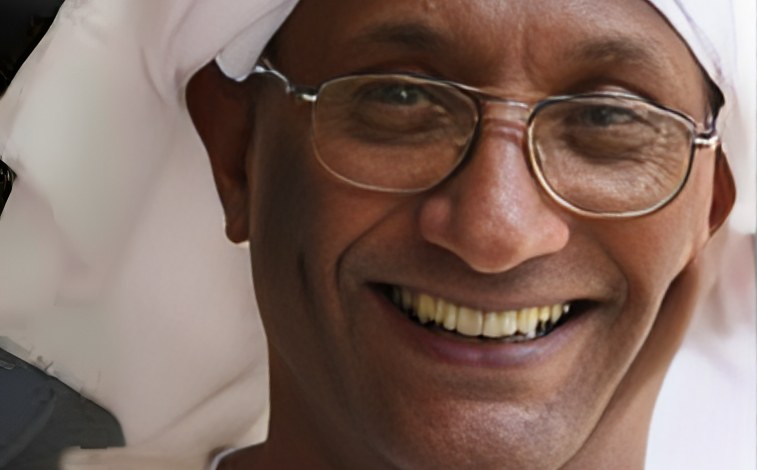Today, We Are All the Sudanese Armed Forces

By Abdullah Ali Ibrahim
If civilians of all political stripes believe that their greatest contribution is to mediate between the Sudanese Armed Forces and the Rapid Support Forces (RSF), while taking sides covertly, then they are merely spectators watching from the sidelines. This is an abdication from a war that has been brewing since the formation of the RSF, which was reinforced by the 2017 law and amended in 2019. The two entities were inevitably headed for confrontation, whether sooner or later. They are not just “parties” in the current war, as political groups imply in their mediation efforts. In this war, there is only one party that has a legitimate pledge upon our shoulders: the Sudanese Armed Forces, the only entity with a professional monopoly on arms in a modern state. As for the RSF, it is an appendage—a vestigial organ—in the state.
I do not mention this to dismiss the RSF with a mere rhetorical flourish. I have long examined where the RSF came from, and its victims—countless as they are—are themselves victims of the systemic neglect of national development, especially in rural areas, by successive regimes. (See my article “Where Did These Hemetis Come From?”) Perhaps it was the military leadership—excluding the rest of us—that failed to see the inevitable clash between professional military service and the RSF’s paramilitary nature. Since the December 2018 revolution, the military needed the RSF as both its shield and its grimacing face against protesters. Even in its recent statements, the army continues to accuse advocates of security and military reform—those alarmed by the existence of two armies—of meddling in military affairs that are not their concern. And now, the war that people feared has broken out right in their midst—in their homes, streets, and upon their bodies.
All of this had its time coming.
However, the civilian withdrawal from the current war—save for condemnation, mediation, and pleas—may have prolonged the conflict, or perhaps it already has. The war erupted over the RSF’s place within the state’s security and defense apparatus. It is clear that integration into the national army was not a mere procedural step for the RSF—it was an existential threat. The RSF showed no signs of preparing for integration but rather for entrenchment, as evidenced by its staggering military build-up that left observers astonished—or impressed. When Hemeti claimed that military reform must precede integration, it was a political maneuver. His call for a ten-year delay before integration is a nod to the proverb: “By then, the poor man will be dead.” Meanwhile, the Armed Forces believed that the RSF had outlived its usefulness after the October 25, 2021 coup, which cleared the political field of all players except the two military factions. The time had come to settle scores.
There is nothing wrong, of course, with mediation or calls for peace to reassure the public. But the problem lies in approaching this effort as civilians who have relinquished their own vision for what a national armed force should be in a modern state. I know of no clearer or more legitimate demand than this: “Soldiers to the barracks, and the Janjaweed must be disbanded.” The civilian appeals I’ve heard resemble empty gestures—feasts promised by ferrymen—if not personal vendettas in disguise. Such efforts rob civilians of their potential to be a meaningful force in shaping a new professional, national military after decades of political regimes—and their opposition—holding it hostage.
The army, in turn, has grown comfortable with this civilian disengagement. It has come to see us as a nation in its service, rather than seeing itself as an army in service of the nation. I have yet to hear any of the mediators or peace advocates offer a new vision for what our reformed armed forces might look like—a vision around which both warring factions could rally, especially when the very nature of this vision is at the heart of their conflict.
We have no army but the Sudanese Armed Forces. Any other armed group was formed under dubious circumstances without our consent. It must either be integrated or dissolved—bearing in mind the specific, nuanced conditions that led to its emergence.
The leadership of the Armed Forces may not have served its people well in decades past. But the answer is not to create a parallel army to haphazardly assume its responsibilities.
May Sudan prevail. And may it emerge from this confrontation crowned with the success of its long struggle for democracy, civilian rule, and a free, national, professional armed force.



